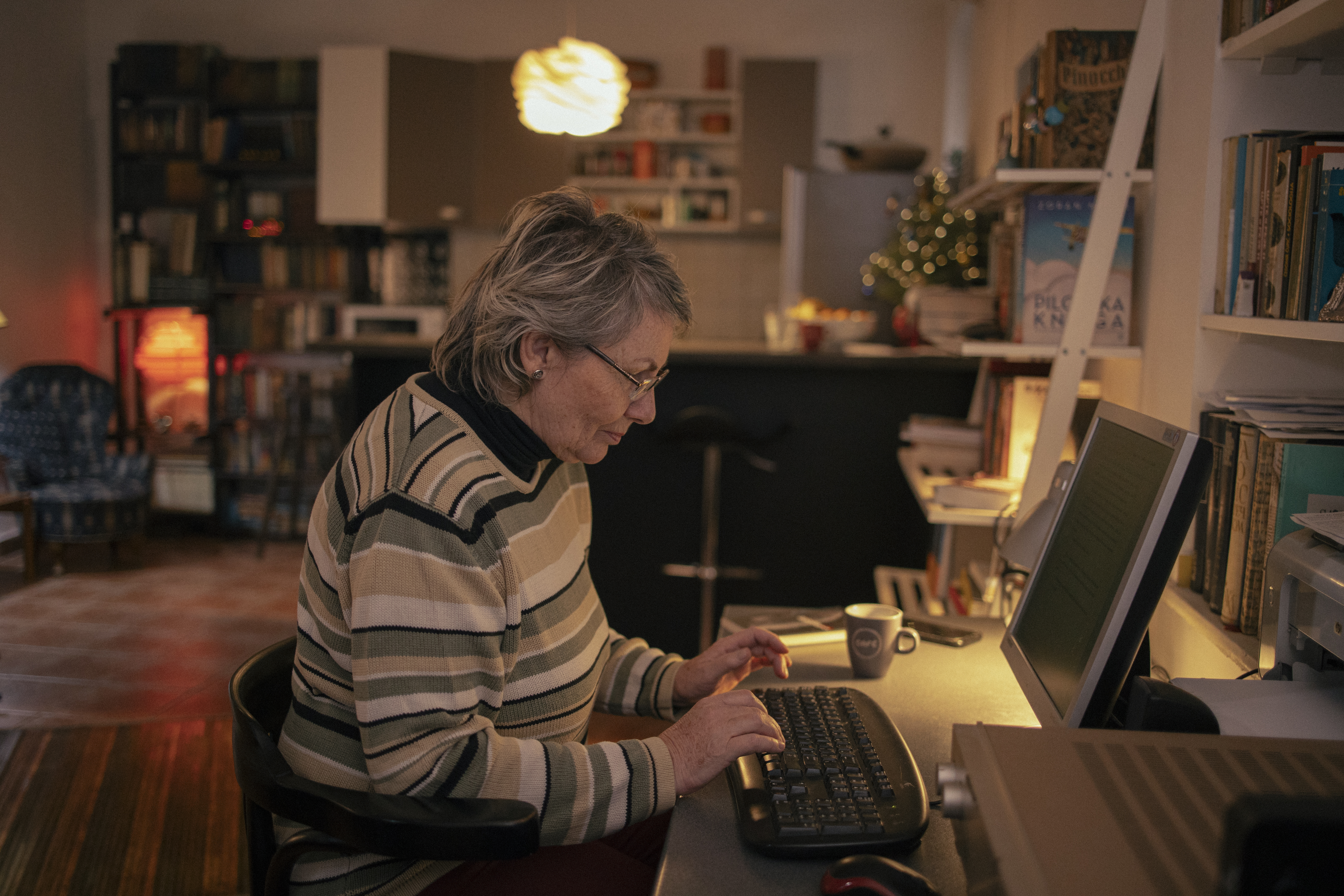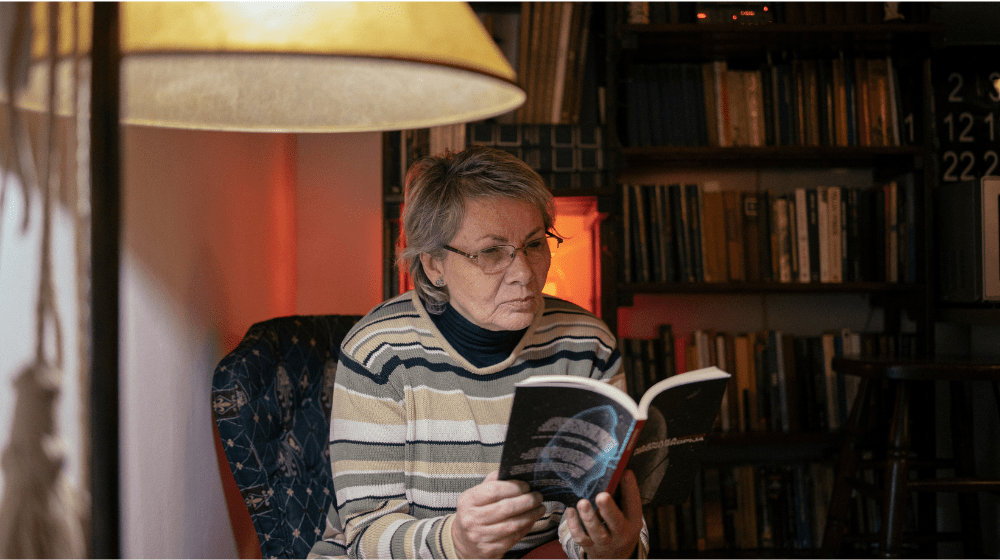Thirty years ago, Violeta Ivković was a working mother of three small children. The hectic everyday life was instantly frozen by the diagnosis - cervical cancer.
"Our oldest son just started first grade, so I don't even have to tell you that, you can imagine how much of a shock it was," recalls Violeta of the difficult moments, "For all cancer patients, it first takes some time, until they get their act together and realize what they're really up against."
Violeta was diagnosed with cervical cancer at an early stage of the disease, thanks to her discipline and commitment to regular medical examinations.
"All the symptoms that appear later are mostly in the later stages, when recovery becomes less certain. So regular checkups, I went to the gynecologist and dentist every six months, then I had small children, it was just normal. It was discovered on time, within that one year, with therapy, radical hysterectomy, then radiation, and now 30 years have passed since then," explains Violeta.

Cervical cancer was diagnosed in 1085 women in Serbia in 2021 alone. Almost every out of the 424 lives lost in just that one year could have been saved if the diagnosis had been established earlier. Based on the estimates of the European Information System for 2020, Serbia ranks fifth in Europe in terms of the number of cervical cancer cases, with a high mortality rate.
The experiences of Australia and European countries, such as Finland, have shown that with early detection of the disease through screening programs, regular gynecological examinations and vaccination against the HP virus, the incidence of cervical cancer is reduced to a very low percentage. The United Nations Population Fund in Serbia, in cooperation with its partners, the Institute for Public Health of Serbia, Dr. MIlan Jovanović Batut, the Ministry of Health, professional associations, experts, as well as civil society organizations, promotes constant dialogue between key actors and supports programs and mechanisms that contribute to the understanding of the importance of preventing this serious disease, which most often affects women between 35 and 45 years of age.
Violeta Ivković knows how important it is to set aside this time for self-care.
"We have to learn to love ourselves and our bodies, who else would we turn to if not doctors. They exist to treat us. Prevention, above all prevention is fantastic, if we are disciplined enough," says Violeta, "We need to find time. We don't think we have time, but half an hour at the dentist, half an hour at the gynecologist, means a lot for preserving life, healthy life."
There are more than 120 types of HPV, of which about 40 can cause genital infections in men and women. Most infections caused by HPV pass without symptoms, in a period of about two years. However, if persistent, HPV infection with some of the high-risk types of the virus can lead to serious health problems, including cervical cancer in women.
In Serbia, since 2022, vaccination against diseases caused by human papillomavirus (HPV) is available at the expense of the state, for children of both sexes (girls and boys) aged 9-19 years. More information about the vaccine is available at: https://www.batut.org.rs/index.php?content=2383
Violeta Ivković has no doubts that parents should take their children for vaccinations:
"If it existed 30 years ago, we would not be sitting and talking about this now. I have three children and five grandchildren. My children, thanks to what they went through with me when they were little, do not question whether they will vaccinate their children."
The parents of fifteen-year-old Natalija Barlov had no doubts either. Her older brother has already been vaccinated. After talking with parents and doctors, Natalija also understands that vaccination means responsibility towards oneself and one's health.
"They said that it is very important to do it (get vaccinated), because maybe something happens in the future and then it is necessary. In elementary school, we had a systematic check-up and there the doctors told us about it and how important it is to receive it. We didn't realize how serious it was and we were like, "okay, we'll do it," but later we realized that we really need to do it."

However, Natalia does not know many of her peers who have been vaccinated:
"I know maybe three, four people and they told me that it's not a big deal and that it will help them in the future, so I think that's good."
As part of the European Cervical Cancer Prevention Week, the United Nations Population Fund (UNFPA), in cooperation with the Institute for Public Health of Serbia, the Ministry of Health, the International Federation of Medical Students Associations (IFMSA) - Serbia, is organizing educational and health promotion activities throughout Serbia for the fifth year in a row. This year special focus is placed on high school students who will have the opportunity to improve their understanding of the importance and availability of the HPV vaccine in our country.
For UNFPA, as the leading agency of the United Nations for sexual and reproductive health, improving the prevention of cervical cancer is one of the most important priorities. In the coming period, UNFPA will continue to provide support to relevant institutions in order to improve their capacities for planning, developing, and implementing programs of organized screening and implementation of HPV immunization.
With regular preventive examinations and adequate vaccination, the lives of many women can be saved.


